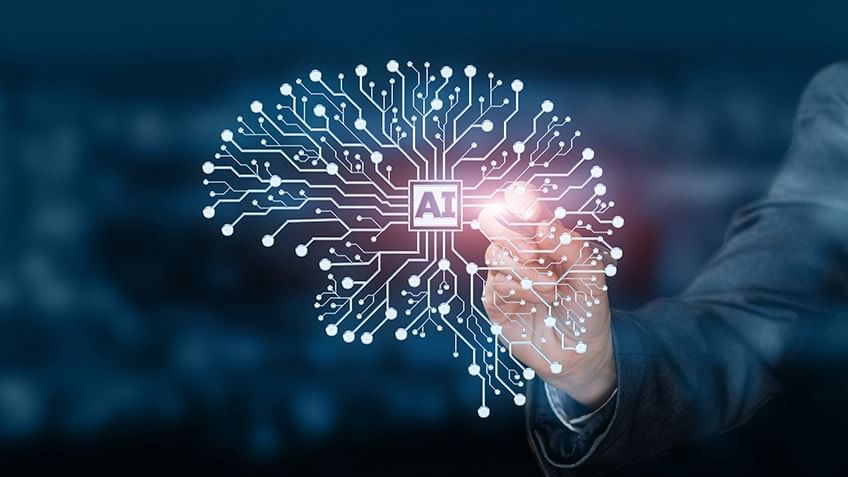The Future of Artificial Intelligence: Trends to Watch
Introduction:
Artificial Intelligence (AI) has come a long way since its inception, and it continues to shape our world in profound ways. As we look to the future, it's essential to understand the trends that will define the next chapter in the AI story. In this blog, we'll explore some of the most exciting trends in AI, shedding light on the promising developments that are set to transform industries, enhance our daily lives, and address critical global challenges.
- Explainable AI (XAI):
One of the most crucial challenges in AI is the lack of transparency and interpretability. As AI systems become more prevalent in fields like healthcare and finance, the demand for AI that can explain its decisions is growing. Explainable AI (XAI) is a trend that focuses on making AI models more transparent, allowing users to understand why a particular decision was made. This development is essential for building trust and ensuring ethical AI applications.
- AI in Healthcare:
AI is poised to revolutionize healthcare. We are already witnessing the integration of AI in diagnostics, drug discovery, and personalized treatment plans. In the future, AI will enable more accurate diagnoses, reduce medical errors, and enhance patient care through continuous monitoring and early disease detection. AI-driven chatbots and virtual health assistants will also play a significant role in patient engagement.
- AI in Education:
The future of education will be significantly impacted by AI. Personalized learning experiences, intelligent tutoring systems, and adaptive assessments are on the horizon. AI can help educators tailor educational content to individual students' needs, making education more accessible and effective. Additionally, AI will aid in automating administrative tasks, allowing educators to focus on teaching.
- Natural Language Processing (NLP):
NLP, a branch of AI that focuses on the interaction between computers and human language, is seeing rapid advancements. Conversational AI, like chatbots and virtual assistants, is becoming more sophisticated. This trend is expected to improve customer service, automate routine tasks, and make human-computer interactions more intuitive and natural.
- AI in Climate Change and Sustainability:
AI is becoming a powerful tool in addressing climate change and promoting sustainability. AI models can analyze large datasets to identify patterns and make predictions related to environmental changes. In agriculture, AI can optimize resource usage, leading to more efficient and sustainable practices. The development of renewable energy sources, environmental monitoring, and climate modeling are areas where AI can make a significant impact.
- Edge AI:
Edge computing, which involves processing data closer to its source, is gaining prominence. Edge AI devices, such as smartphones and IoT sensors, can perform AI tasks locally without relying on cloud servers. This trend reduces latency, improves privacy, and enhances efficiency in applications like autonomous vehicles, smart cities, and real-time surveillance.
- AI Ethics and Regulation:
As AI becomes increasingly integrated into our lives, the need for robust ethics and regulations becomes more apparent. The responsible use of AI and the prevention of bias and discrimination are top priorities. Governments, organizations, and AI developers are working to establish guidelines and standards to ensure AI benefits society without causing harm.
- Quantum Computing and AI:
The development of quantum computing promises to revolutionize AI. Quantum AI models could solve complex problems that are currently impossible for classical computers. This synergy between quantum computing and AI has the potential to accelerate scientific research, drug discovery, and optimization problems in logistics and finance.
Conclusion:
The future of artificial intelligence is incredibly promising, with numerous trends and developments set to shape our world. From explainable AI to AI's impact on healthcare, education, and sustainability, these trends will influence almost every aspect of our lives. However, ethical considerations and regulations must keep pace with AI advancements to ensure its responsible and equitable use.
As AI continues to evolve, staying informed about these trends is essential for individuals, businesses, and policymakers. Embracing AI's potential while remaining vigilant about its responsible deployment will be key in harnessing its transformative power for the betterment of society. The future of AI is bright, but it's our collective responsibility to ensure it remains so.

.webp)
Comments
Post a Comment